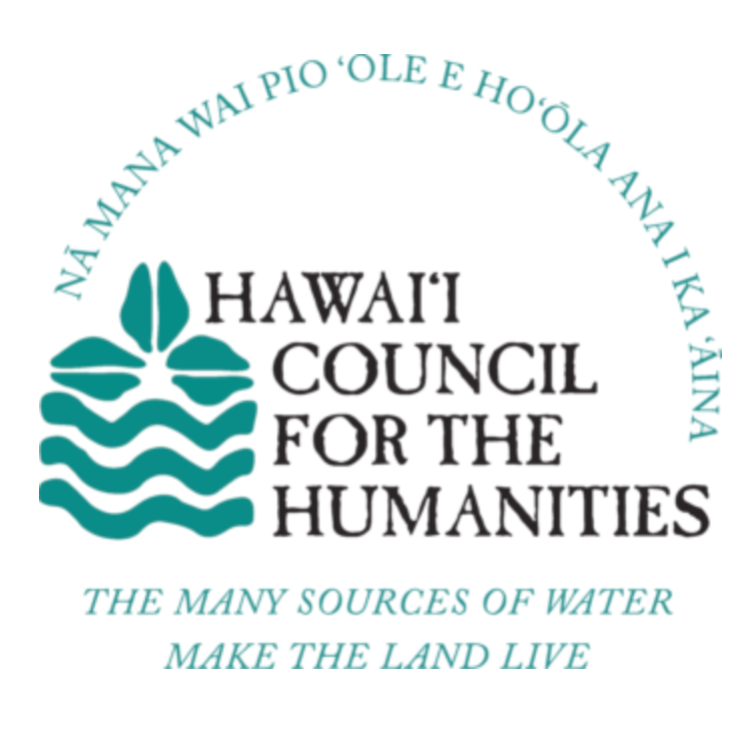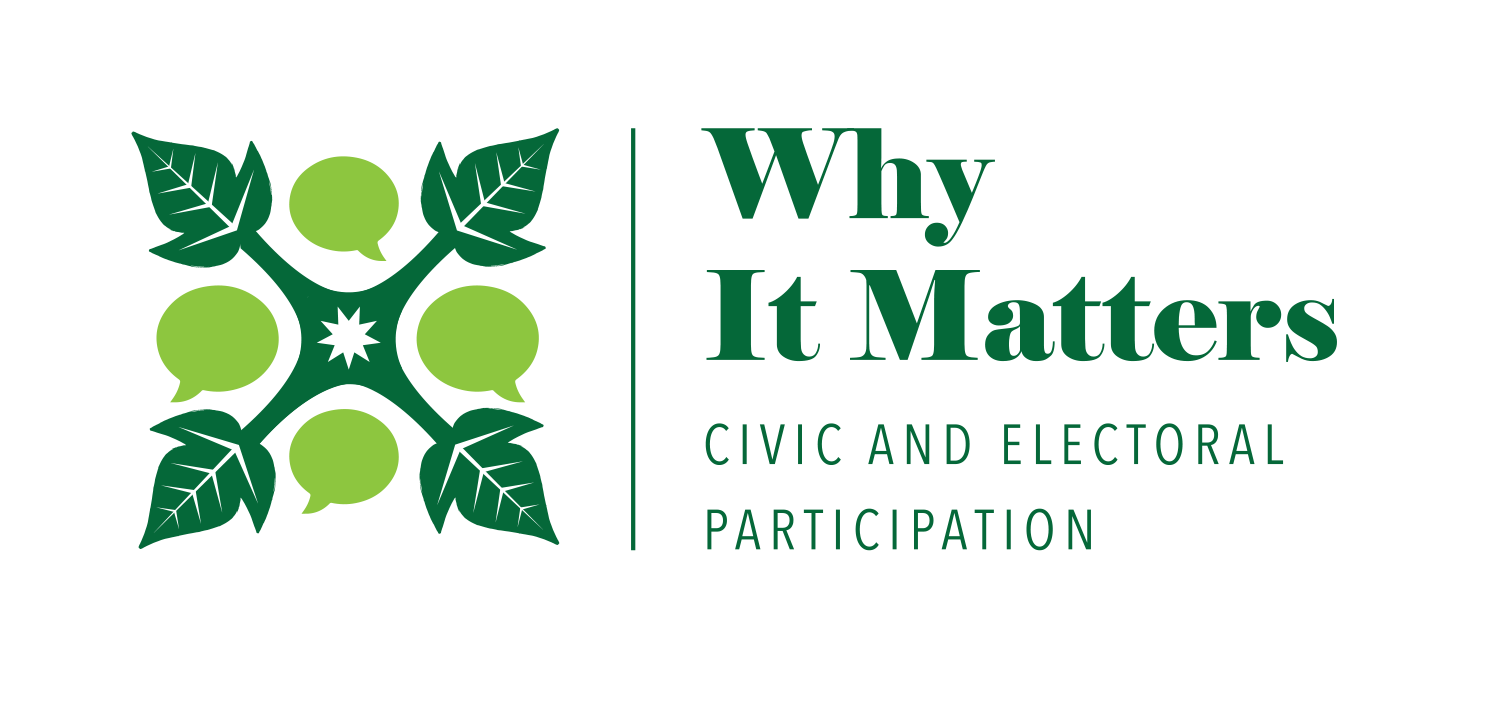We are regularly exposed to the message that in a democracy, such as the United States, our voices matter. We are encouraged to vote—to participate in the electoral process—to be civically engaged. But what does that mean in a climate where so many of us express apathy and distrust in the system? In an increasingly polarized democracy, how do we practice true exchange and listening?
We are proud to share with you Why It Matters—a collaboration that joins three strands of robust civic engagement: deep dive discussions, the power of youth, and culture and creativity. We are committed to exploring courageous and controversial topics that matter to our communities, and creating spaces for true exchange and listening across our different viewpoints. In this way, we build genuine and robust political participation.
Mahalo nui to the Andrew W. Mellon Foundation for funding such innovative civic efforts, and the Federation of State Humanities Councils for administering this national initiative. Mahalo nui to our amazing community partners for creating spaces of exchange, education, and empowerment. Spaces where we can grow deeper kuleana to our home. Keep reading to learn more.
Why It Matters = DEEP DIVE DISCUSSIONS
Civic engagement means deep discussions about controversial issues. Our community partner the King Kamehameha V Judiciary History Center hosted a series of discussion events featuring community leaders, elected officials, scholars, oral histories, and more. Topics include historical and contemporary analyses of what makes good leadership, histories of suffrage and voting rights (including histories of women and African American voting), and reflections on contemporary grassroots and protest movements. This series began before the local and national elections of 2020 and extended into April 2021. The final event was a poetry workshop that helped participants explore the power held in our names.
The King Kamehameha V Judiciary History Center is an administrative program of the Hawaiʻi State Judiciary and a permanent educational institution created to inform and provide learning opportunities about the judicial process and Hawaiʻi’s legal history from pre-contact to present. Please visit their website for their latest events.
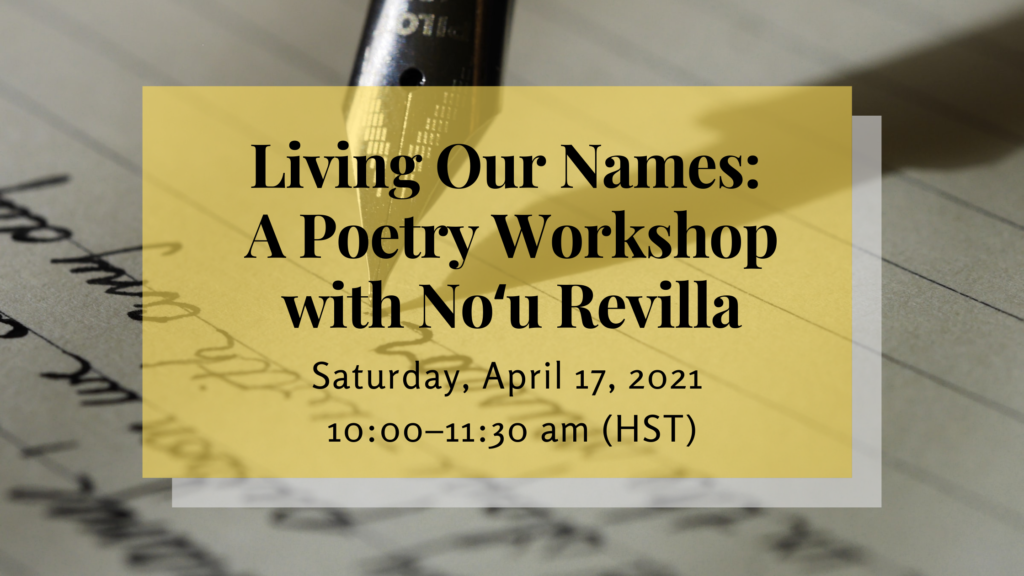
Civic engagement means learning and trying to understand the complexities of our past. Hawaiʻi Council for the Humanities and Chaminade University sponsored Telling Her Truth hosted by The New York Historical Society as part of their Women and the American Story series. This event was free and open to all Hawai‘i teachers, other educators, and community members interested in rich historical stories and resources. The Women and the American Story project brings marginalized histories and women’s lives to the forefront.
In this workshop, they explored two topics:
1492-1734—Early Encounters
1889-1920—Modernizing America
We invite you to visit the New York Historical Societyʻs WAMS Webpage.
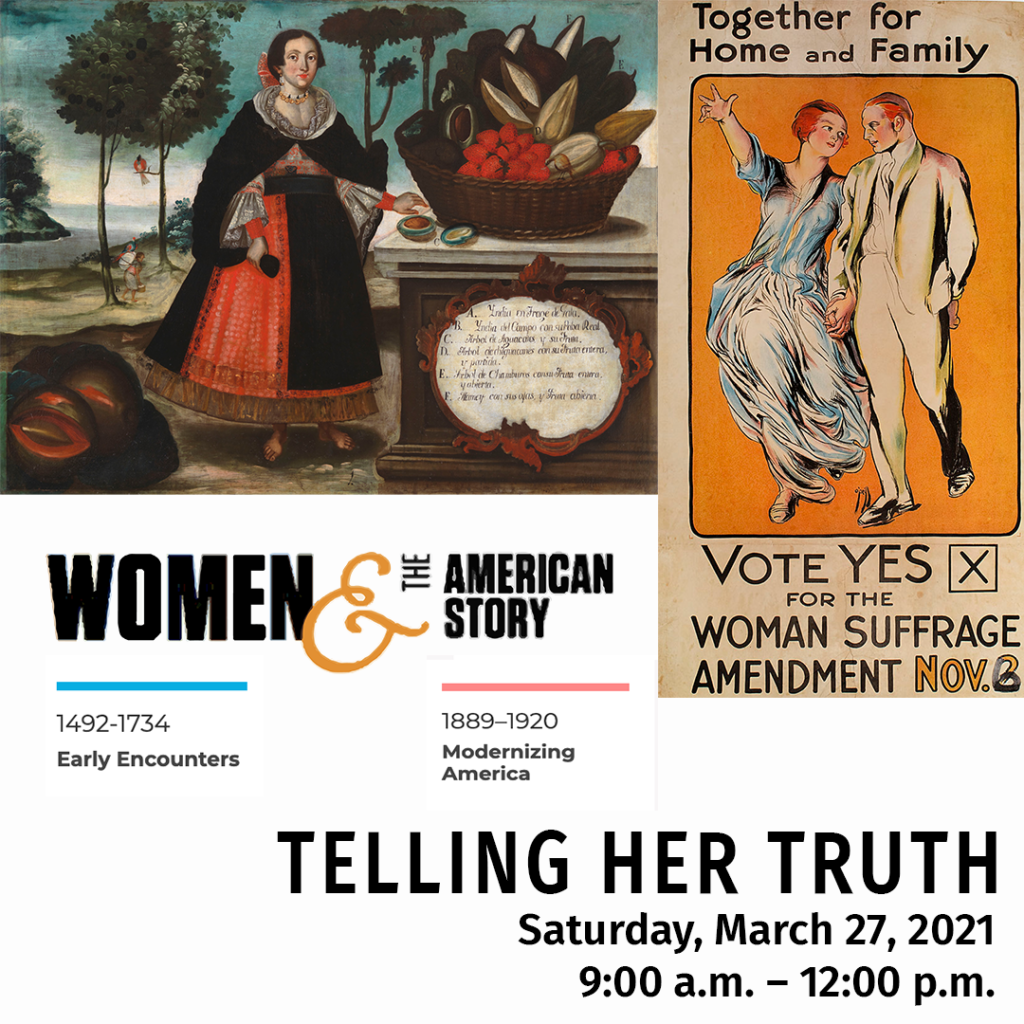
Civic engagement means speaking and listening with each other. On February 12, 2021, our Try Think program hosted a conversation on “The End of Voter Apathy.” We invite you to speak and be heard. Visit our Try Think events page for upcoming community conversations.
Why It Matters = YOUTH VOICES
Civic engagement means youth voices are a vibrant part of our community leadership too. Our community partner the Civic Education Council inspired us with The Just Futures Project, a series of videos featuring diverse youth leaders and activists—uplifting their ideas about the future and how to make change. You can watch these videos below.
The Civic Education Council also hosted a virtual “Just Futures” Summit for youth leaders on Saturday March 6, 2021, bringing together young people working on many different issues and community concerns to meet each other and build connections, and speak to lawmakers and other community leaders. Thirty folks attended from three islands, and were joined by State of Hawai’i lawmakers Representative Amy Perruso, Representative Jeanné Kapela, Representative Adrian Tam, Representative Sonny Ganaden, Senator Chris Lee, and Senator Stanley Chang.
One of the best parts of the event was when the adults were kicked out so our youth could speak to each other–about social justice, political polarization, and more. These discussions were hosted by Kailua High School philosophy club the philoSURFERS.
The work of the Civic Education Council is aimed at providing a holistic, grassroots approach to solving some of our society’s biggest challenges. CEC believes young people are the key to historically informed political change that works towards our desired preferred future.
Why It Matters = CULTURE AND CREATIVITY
As part of the Why It Matters initiative, Hawaiʻi Council for the Humanities presented a series of 8 poetry workshops from February to April 2021 with community poetry leaders from across the islands of Hawaiʻi, which were free and open to the public. Fundamental to this program is the understanding that there is power in words and in the ways we communicate them. Amanda Gorman and her poem gave light to the 2021 US Presidential inauguration. Poetry can bring us to the heart of who we are and illuminate the paths we want to follow.
Our community poetry leaders:
- Puanani Burgess
- Navid Najafi
- Hanale Bishop
- Moira Pirsch
- Carol Ann Carl
- Mary Therese Perez Hattori
- Lyz Soto
- Aiko Yamashiro
- ‘Ihilani Lasconia
- Isabella Pasa
- The Merwin Conservancy
Click HERE for our workshop schedule.
~~~~~~~~~~~~~~~~~~~~~~~~~~~~~~~~~~~~~~~~~~~~~~~~~~~~~~~~~~~~~~~~~~
In Hawaiʻi, “civic engagement” means aloha ʻāina—a deep commitment and integration between land and people. Our community partner Kāhuli Leo Leʻa launched a series of inspiring videos exploring mele, poetry, and their power to ignite and sustain aloha ʻāina for all of us who call Hawaiʻi home. In their words:
“When we understand civic engagement as a collective initiative that strives to define and better our community, we realize that the civic space goes beyond the town hall meetings, the legislative bodies, and the voting booth. To define and better our Hawaiʻi, we engage in a sense of place. We engage in aloha ʻāina. When we call Hawaiʻi our home, we are charged with a duty to aloha ʻāina. Ignoring this call––attempting to live passively in Hawaiʻi––renders one extraneous in this unique system of existence by which community and ʻāina thrive. Our goal is to show what civic engagement can be when guided by the humanities and arts and unique cultural traditions and values of Hawaiʻi. We cannot strive to define and better our community engaging ʻāina. Aloha ʻāina remains a guiding beacon––a fire we strive to maintain eloquently in the humanities and arts––and thus, in us all.”
You can watch these videos below.
Kāhuli Leo Leʻa is a non-profit organization aimed at catalyzing aloha ʻāina through the education, composition, and presentation of mele and other cultural practices.
The Why It Matters: Civic and Electoral Participation initiative is administered by the Federation of State Humanities Councils, funded by the Andrew W. Mellon Foundation. Why It Matters programs in Hawaiʻi are created in partnership with the Hawai‘i Council for the Humanities, King Kamehameha V Judiciary History Center, the Civic Education Council, Kāhuli Leo Leʻa, Chaminade History Center, the Center for Oral History at UH Mānoa, and others.
Why It Matters aims to create spaces for true exchange and listening across our different viewpoints that will lead to continued productive discussion. The opinions expressed here do not represent those of Hawaiʻi Council for the Humanities, Federation of State Humanities Councils, the Andrew W. Mellon Foundation, or the National Endowment for the Humanities.
Mahalo piha to Justin Takaha White for our beautiful logo design for Why It Matters.
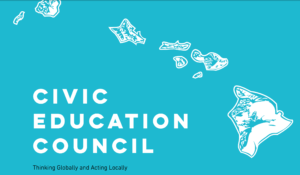
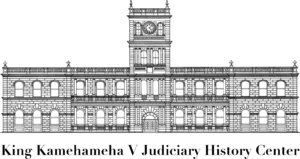
![]()
